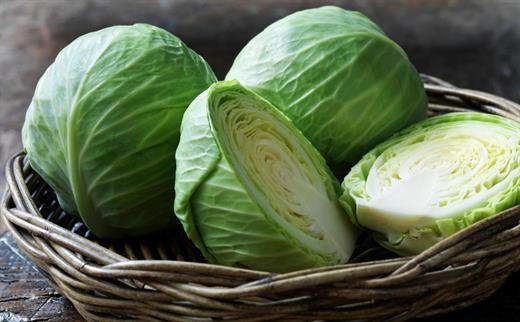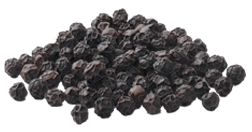
Cabbage is a vegetable rich in nutrients, very good for weight loss. In particular, cabbage has many families together, so your choice is very diverse.
Cabbage is a red, green and white vegetable that is part of the same family as broccoli, cauliflower and Brussels sprouts. Maxine Smith, a registered dietitian at the Cleveland Clinic’s Center for Human Nutrition, says vegetables are healthy, but you have to prepare them properly to get the most out of them.
“You should avoid long cooking and boiling methods because they can rob foods of nutrients,” says Smith. Instead, adopt quicker cooking methods, such as sautéing or chopping vegetables and eating them fresh in salads.
Cabbage is rich in vitamin C
Oranges aren’t the only way to get your vitamin C—cabbage can also provide a huge dose of the nutrient if you need to add more to your diet. “Cabbage is high in the antioxidant vitamin C,” says Keri Gans, a registered dietitian in New York. Make sure to get enough vitamin C every day naturally. The cabbage family is also associated with immune benefits, so it helps our cells attack invaders like viruses.”
Cabbage is a good source of fiber
If you want to add more fiber to your diet, cabbage can help. According to the USDA, two cups of raw cabbage contain nearly 5 grams of fiber. The recommended daily intake is 21 to 38 grams for older children, adolescents, and adults.
“Cabbage is a good source of fiber that can help relieve constipation, balance blood sugar, lower cholesterol levels and improve digestive health,” says Gans.
Cabbage improves bone health
Cabbage contains a nutrient that is extremely important for both bone health and healthy blood clotting in the body: vitamin K. There are about 68 micrograms of vitamin K in just one cup of raw cabbage. For reference, the ODS recommends 120 micrograms per day for adult men and 90 micrograms per day for women.
Although vitamin K deficiency is rare, some people with certain medical conditions, such as cystic fibrosis, celiac disease, and ulcerative colitis, may be more at risk for vitamin K deficiency. Too little vitamin can lead to decreased bone health, increased risk of developing osteoporosis and, in rare cases, bleeding problems.
Cabbage is an affordable, low-calorie option
If you’re looking to lose weight, one thing that can help a lot is to replace calorie-dense foods with low-calorie ones, and cabbage is a great choice for that. “Cabbage is very low in calories. One cup of cooked cabbage has only 34 calories, making it a great choice for weight control,” says Gans.
While many healthy, nutrient-dense foods can be more expensive, cabbage is a relatively inexpensive food.
Read the original post here .





















